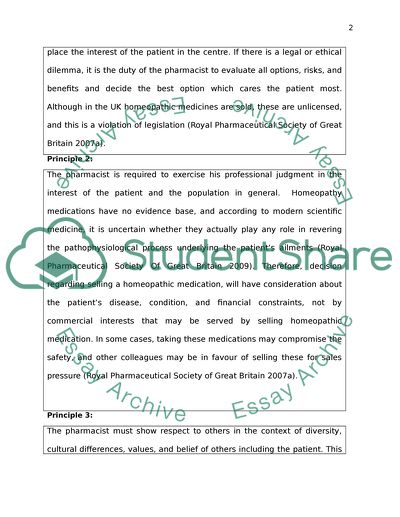Cite this document
(“Pharmaceutics Essay Example | Topics and Well Written Essays - 2250 words”, n.d.)
Pharmaceutics Essay Example | Topics and Well Written Essays - 2250 words. Retrieved from https://studentshare.org/health-sciences-medicine/1527061-pharmaceutics
Pharmaceutics Essay Example | Topics and Well Written Essays - 2250 words. Retrieved from https://studentshare.org/health-sciences-medicine/1527061-pharmaceutics
(Pharmaceutics Essay Example | Topics and Well Written Essays - 2250 Words)
Pharmaceutics Essay Example | Topics and Well Written Essays - 2250 Words. https://studentshare.org/health-sciences-medicine/1527061-pharmaceutics.
Pharmaceutics Essay Example | Topics and Well Written Essays - 2250 Words. https://studentshare.org/health-sciences-medicine/1527061-pharmaceutics.
“Pharmaceutics Essay Example | Topics and Well Written Essays - 2250 Words”, n.d. https://studentshare.org/health-sciences-medicine/1527061-pharmaceutics.


